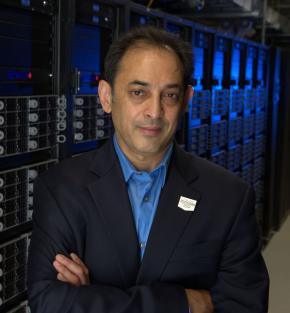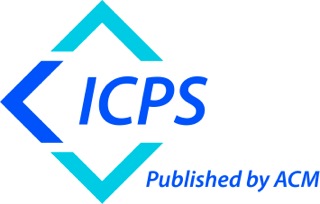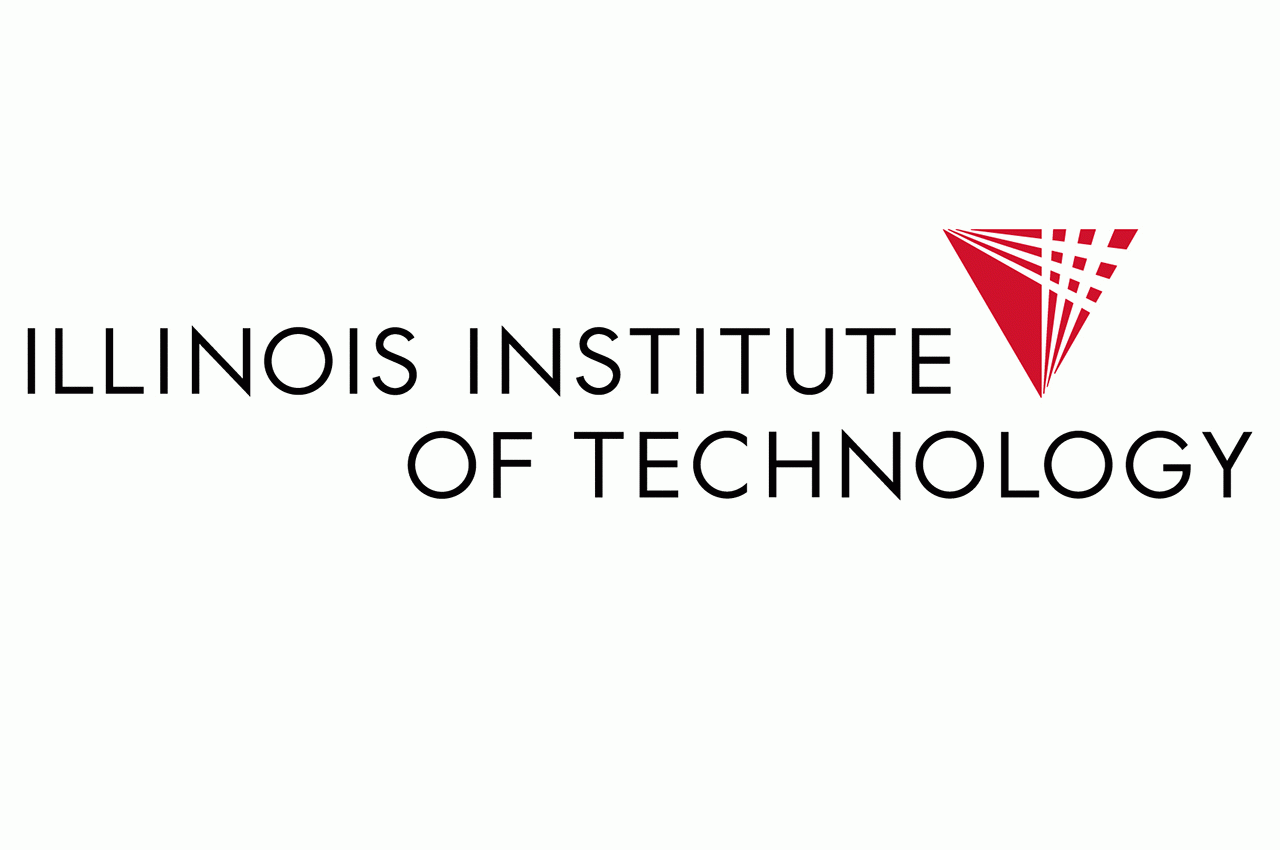Keynote Speaker

Rick Stevens
Argonne National Laboratory
Tuesday, August 10th 2021
8:15am - 9:00am
Title: Exascale and then what?: The next decade for HPC and AI
Summary
We are on the verge of deploying Exascale systems, which remarkably in the US are quite similar in architecture and programming model. But what comes after these initial exascale systems? Are we going to see AI accelerators breakout into the mainstream? Are hybrid-HPC/AI surrogate models the future of scientific computing? And if so what is the architecture and software implication? Is a hardware disaggregation model viable for HPC applications? Are quantum and neuromorphic systems likely to be on the major vendor’s roadmaps for the next decade? Heterogenous workflows connecting the edge to the core are becoming more important yet our software stacks are unprepared and do not treat workflows as first class applications. In this talk I’ll try to make sense of trends and future directions and outline some important research problems for the next decade.
About the Speaker
Rick Stevens is the Associate Laboratory Director of the Computing, Environment and Life Sciences Directorate at Argonne National Laboratory, and a Professor of Computer Science at the University of Chicago, with significant responsibility in delivering on the U.S. national initiative for Exascale computing and developing the DOE initiative in Artificial Intelligence (AI) for Science.
His research spans the computational and computer sciences, from high-performance computing to the building of innovative tools and techniques for biological science and infectious disease research as well as approaches to advance deep learning to accelerate cancer and COVID-19 research. He also specializes in collaborative visualization technology and grid computing. At Argonne, he leads the Laboratory’s AI for Science initiative and is currently focusing on high-performance computing systems which includes collaborating with Intel and Cray to launch Argonne’s first exascale computer, Aurora, as well as the National AI Accelerator Testbed which brings together leading AI scientists to provide an open and unbiased environment for the evaluation of emerging AI accelerator technologies designed to accelerate training and inference for deep learning models.
Prof. Stevens is a member of the American Association for the Advancement of Science and has received many national honors for his research, including an R&D 100 award and most recently being named a Fellow of the Association of Computer Machinery (ACM) for his continuing contributions to high-performance computing.

Manish Parashar
Office Director, OAC
Thursday, August 12th 2021
8:15am - 9:00am
Title: Harnessing Advanced Cyberinfrastructure for Urgent Science
Summary
Advanced Cyberinfrastructure (CI) plays an essential role in our ability to respond to national emergencies, from pandemics to extreme weather event (e.g., hurricanes and tornadoes), wildfires, cyber-attacks, and nuclear disasters. This was demonstrated over the past year, as CI has played a critical role in supporting the urgent science needed to address the global COVID-19 pandemic, including advancing our understanding of the SARS-CoV-2 virus structure, its host interactions, developing strategies to mitigate its spread, and supporting early-stage drug development. Specifically, the COVID-19 HPC Consortium brought together international stakeholders across academia, government, industry, and non-profits to provide CI resources, services, and expertise, in an agile and expedient way, to help address the many dimensions of this pandemic. In this talk, I will discuss the role of CI in supporting urgent science using our response to the COVID-19 pandemic and the COVID-19 HPC Consortium as an example. I will also explore how we can leverage these experiences to better prepare for future emergencies.
About the Speaker
Manish is Office Director of the Office of Advanced Cyberinfrastructure at NSF. He joins NSF as an IPA from the University of Utah where he is the Director of the Scientific Computing and Imaging (SCI) Institute, Chair in Computational Science and Engineering, and Professor in School of Computing. His research interests are in the broad areas of Parallel and Distributed Computing and Computational and Data-Enabled Science and Engineering. Manish is Fellow of AAAS, ACM, and IEEE/IEEE Computer Society. For more information, please visit http://manishparashar.org.







